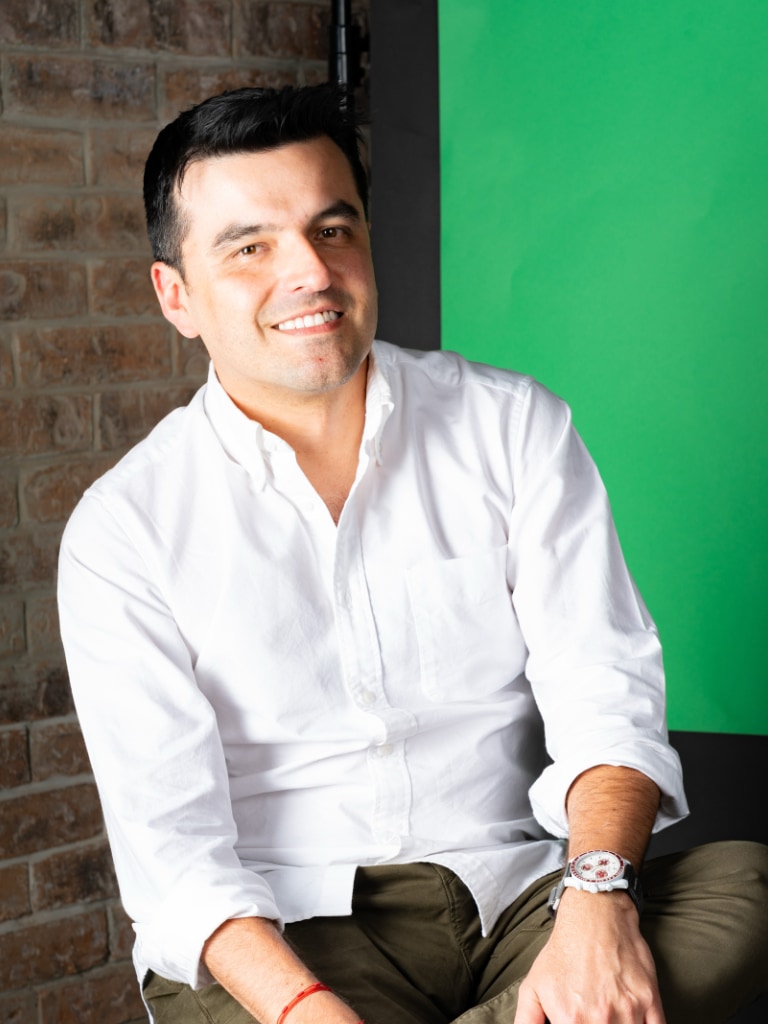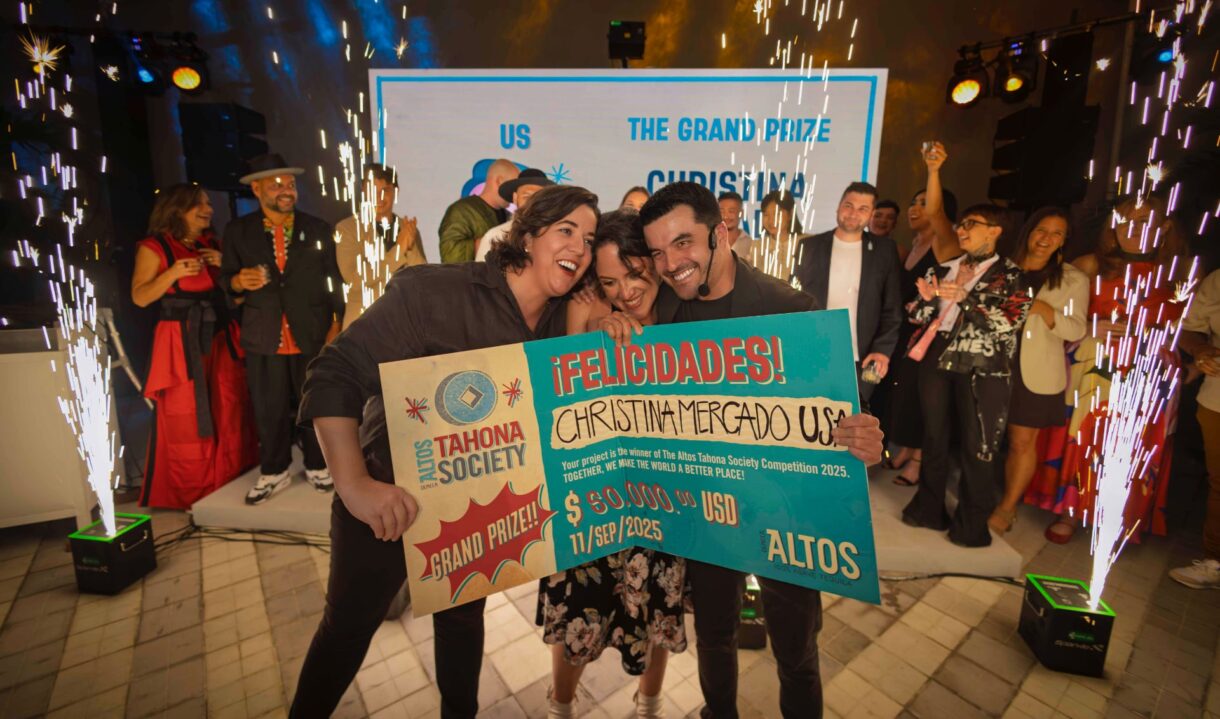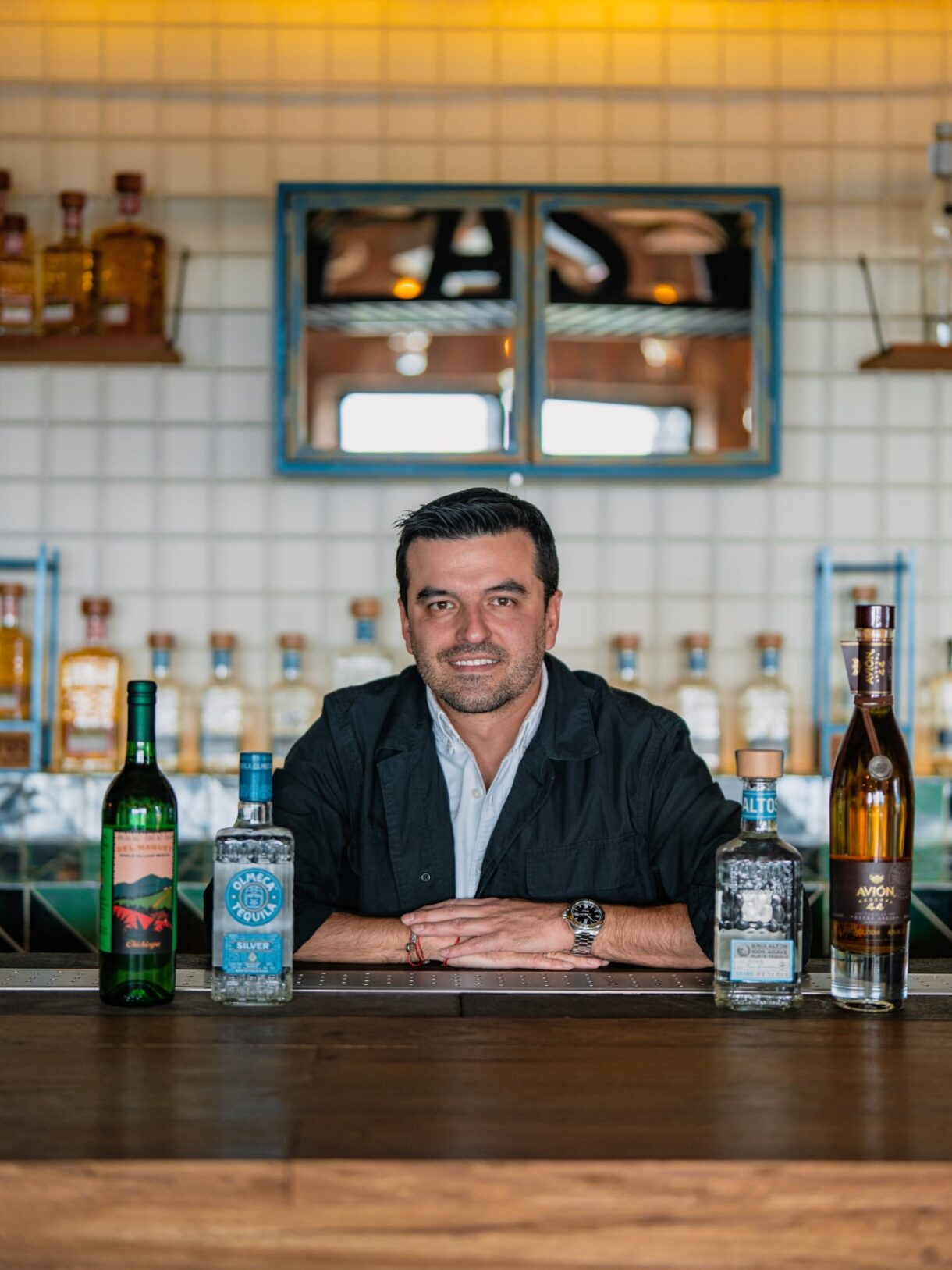From pastry chef to purpose-led entrepreneur: meet the 2025 Tahona Society winner
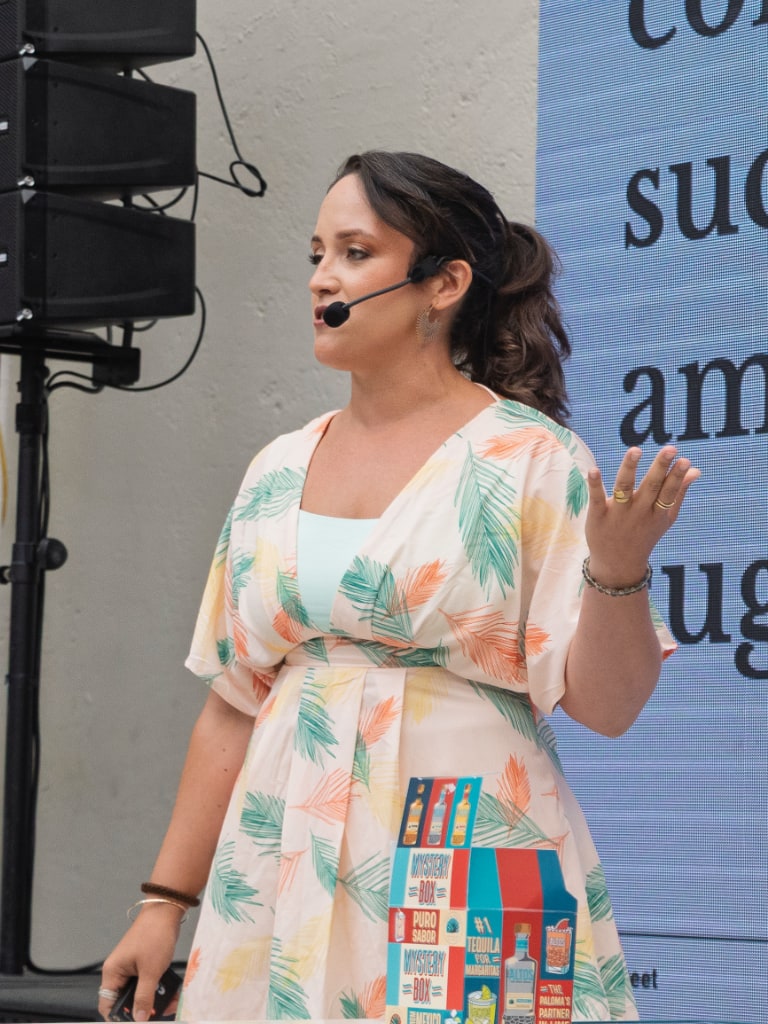
This year’s Tahona Society Competition – created by Altos to empower bartenders through education, mentorship and entrepreneurship – crowned Christina Mercado, award-winning mixologist, pastry chef, and founder of C-Sweet Syrups, as its 2025 global winner.
Her idea: groundbreaking sugar alternative syrups designed to transform the way bartenders and consumers create and enjoy cocktails.
We spoke with Christina about her journey, how the Tahona Society has helped turn her idea into a business, and her mission to bring healthier, more sustainable sweetness to bars and cafes around the world.
You started as a pastry chef. What sparked the move to bartending?
As a kid, I always enjoyed cooking but had a natural inclination towards pastry. I loved the artistry and precision of it, the mix of chemistry and creativity to make something edible look like art. But after years in the kitchen, I hit burnout and decided to take a mini sabbatical.
A friend asked me to help out in a hotel’s front of house, and I ended up behind the bar. Within the first couple of months, I fell in love with it. Craft cocktails felt a lot like pastry – measuring, building flavours, and creating experiences. I stayed with that hotel for almost four years, working my way up to beverage manager and teaching cocktail classes. That was where I discovered the one thing I loved more than making cocktails: teaching.
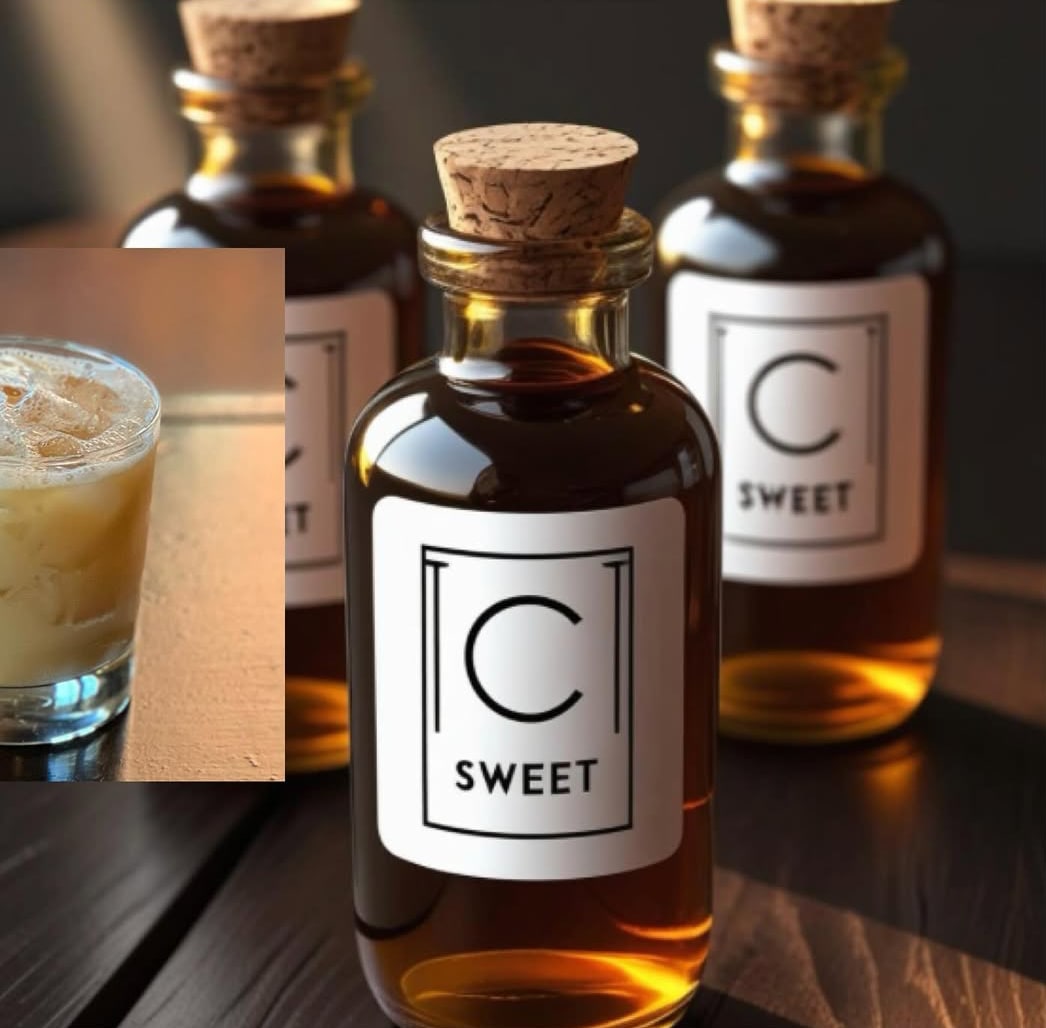
How did the idea for C-Sweet Syrups come about?
It was really a byproduct of what I’d been doing behind the bar. I was already making modified simple syrups using ingredients with a lower glycaemic index like coconut and date sugars, and sharing small samples at my cocktail classes. More and more guests started asking why I didn’t bottle and sell them – and I realised there might be real potential.
I looked into production through a local commissary kitchen, which also runs an incubator kitchen where I learned about marketing and how to get this idea rolling. But then life – and COVID – happened and I had to shelve it. Years later, through the Tahona Society, I finally brought the idea back.
It was really a byproduct of what I’d been doing behind the bar. I was already making modified simple syrups using ingredients with a lower glycaemic impact like coconut and date sugars, and sharing small samples at my cocktail classes.
For those who don’t know, what exactly is C-Sweet and what makes it to exciting?
It’s a formulation that utilises sweeteners like stevia and monk fruit to produce healthier, lower glycaemic index (GI) syrups and cordials. For example, using C-Sweet’s simple sugar syrup in a Margarita made with Altos Plata drops the sugar content from 14.4g to just 1.5g, and cuts the calories from 256 to 151.
It’s really about reimagining sweetness in beverages in a way that respects both people and the planet and taking the next step towards a healthier future by reducing daily consumption of sugar – especially the hidden ones.
How did the Tahona Society help you develop the project?
The programme completely reshaped it. My initial concept was small but broad: one syrup for every type of person. The feedback was “You’re thinking too small” and that really pushed me to dive deeper. I started unpacking what knowledge existed in our industry about different types of sugars, what I could bring in terms of education, and which products would have the biggest impact in shifting our consumption.
The guidance from the Tahona Society was instrumental in all of this. I went back to the drawing board, breaking down each ingredient’s nutritional values reformulating everything. At the same time, I simplified the concept – my goal became creating syrups that have the least impact on our glycaemic index and working backwards from there. The process went through a lot of iterations – but ultimately led me to the core products I’m developing today.
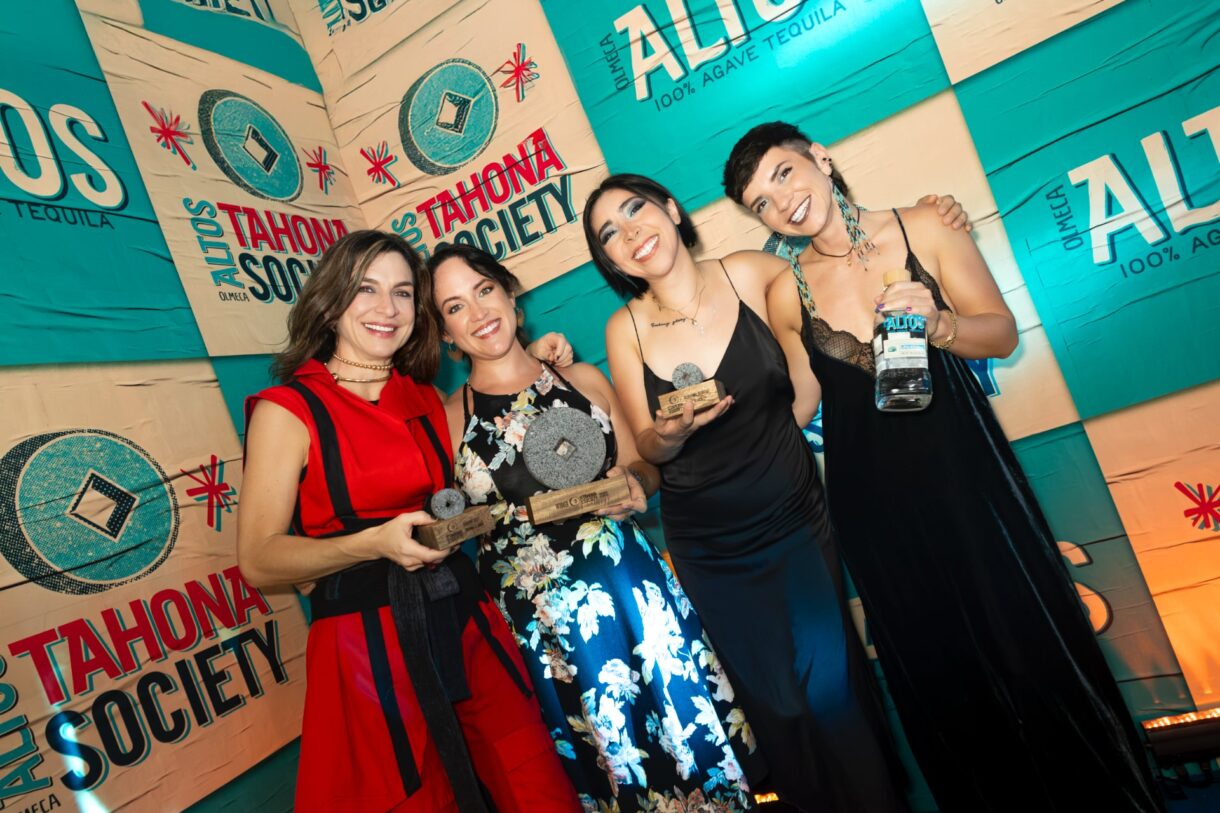
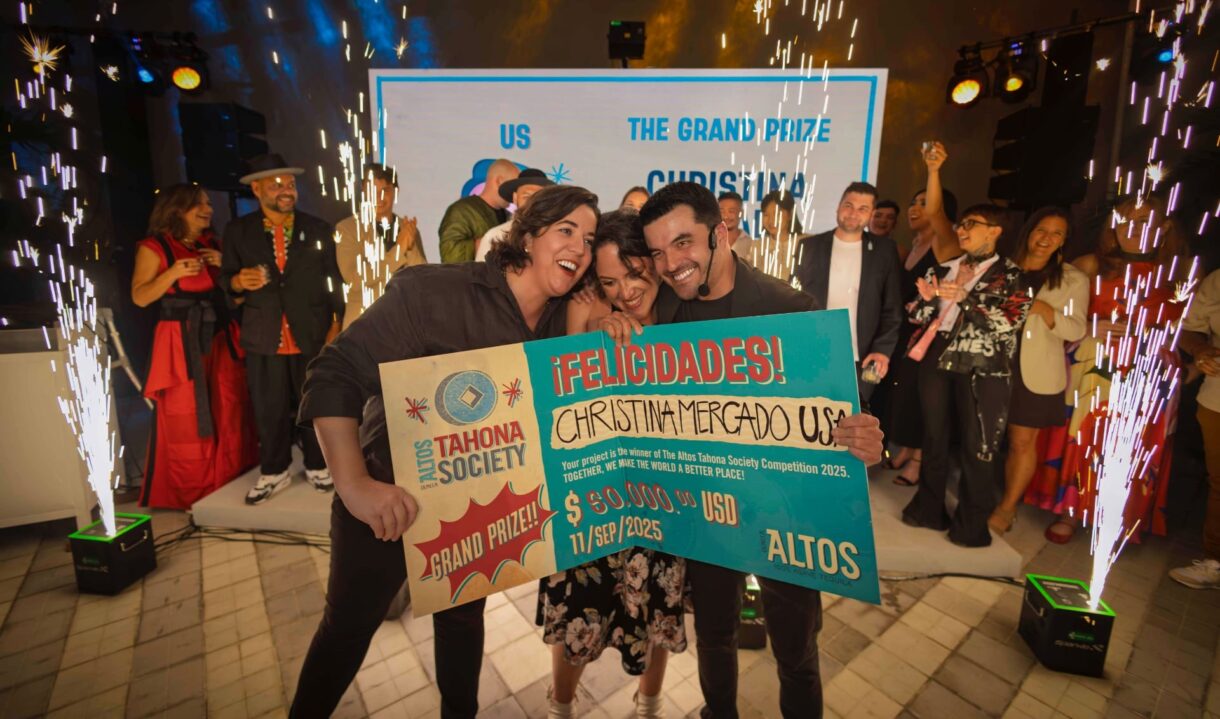
How did the programme’s one-on-one mentoring help?
The biggest thing is having someone to talk to. As a solo entrepreneur, you can quickly spiral and get fixated on something, or struggle to see past a roadblock. Being able to talk through our ideas, stresses – anything really – was a huge help.
My mentor also really pushed me to think differently. She’d challenge how I look at things: “This is great, but what if you looked in this direction?”. By the next week, I’d see why she asked. That kind of questioning really changed my project into something larger in scale and more sustainable in the long-term.
As a solo entrepreneur, you can quickly spiral and get fixated on something. Being able to talk through our ideas, stresses – anything really – was a huge help.
Sustainability is a big theme running through your concept. What does this look like in practice?
I try to think ahead with my ingredients, taking time to actually research the companies – looking at which ones are completing sustainability reports, sharing their data and being transparent – has been really important to me. I want to work with people who are already thinking ahead and looking at their environmental impacts.
The same goes for packaging. I’m looking at glass over plastic, and ideally the model will be that you keep your glass bottle, then receive refills in recyclable packaging that you can pour back into it. It’s about the sustainability of the product as a whole and reducing as much waste as I can.
Your mother’s health journey also influenced your fascination with sugar. How has it shaped your approach?
My mom has had health issues in the past, and one of the things she had to do was reduce her sugar intake as much as possible – or remove it from her diet entirely. So, I grew to have this extreme fascination with sugar holistically. When I was still on the pastry side, I would use cinnamon that has a natural sweetness or find other alternatives that I could use for her. It was years of trial and error and playing with different ingredients, and through her, I was exposed to so many different options. She’s been both my sounding board and educator along the way, and I definitely wouldn’t have moved as fast without her influence.
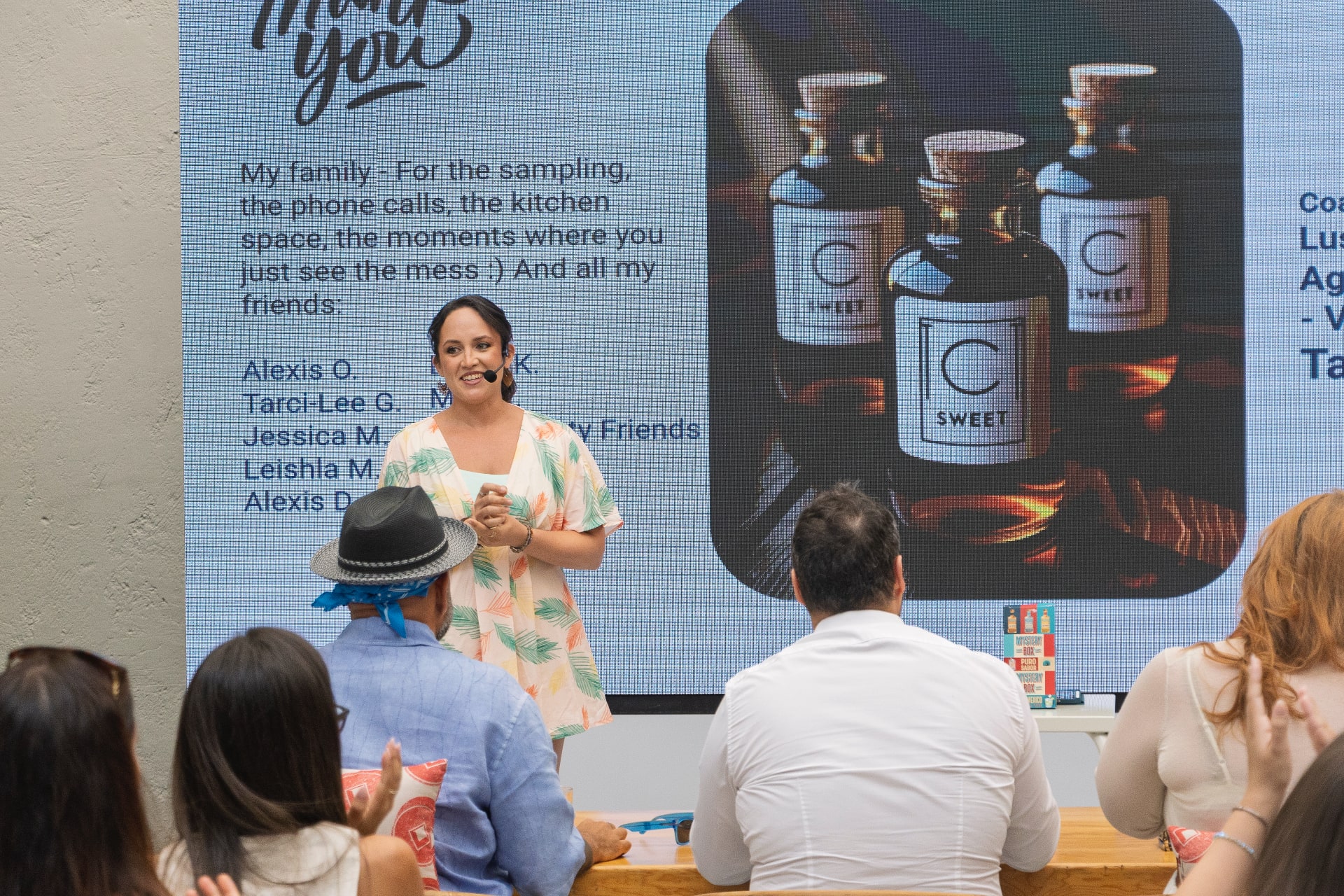
What’s next for C-Sweet, and will the Tahona Society continue to support you in your journey?
The first phase is really getting straight into production. I’ve been meeting with people in my local industry, giving samples, getting feedback. Now it’s about getting the product into their hands through retail and distribution. That means finding a commercial kitchen to take it on as a long-term project and bringing in someone to help with production so I can focus on outreach.
The goal is to launch two products by the end of the year going into 2026 – the basic simple syrup and the orange cordial. I’m also focusing on branding, making sure the message of what the company stands for is clear and consistent – something I’ve never really had the chance to prioritise before.
Thankfully, the support from the Tahona Society continues. The programme is called the Launchpad, and it supports not only me, but also other finalists and participants with ongoing projects. Over the next few months, we’ll continue receiving guidance to help bring our businesses to life which is just awesome.
Over the next few months, we’ll continue receiving guidance from the Tahona Society to help bring our businesses to life which is just awesome.
How important was it to go through this experience with your peers?
Being in Guadalajara, Mexico, for the finals was incredible. Altos really thought about the programming – it kept us engaged with each other, and since it was the first time we’d met in person after months online, it felt like making new friends.
What I learned most was the importance of sharing. When you’re first starting a business, there’s this sense of apprehension – is this idea good enough? Has someone done it before? Will it make a difference? Being part of this programme, going through it with others feeling the same way, and having mentorship really helped calm those fears.
The more you talk about it, the less that fear holds you back. That was my biggest takeaway – learning to share and talk about yourself and your product without hesitation.
Fast forward to 2030, where do you see C-Sweet?
My big picture is for C-Sweet to be a readily accessible sweetener globally. I also want to be active at bar conferences, talking about sugars and raising awareness around different sweeteners, not just sugar free ones, but those with a lower glycaemic index and how to use them.
And finally, I see C-Sweet growing through partnerships. I don’t need to reinvent or create multiple different products to be competitive. I can work with existing companies that want to develop alternatives from what they’ve done before, and show them how we can make that possible.
What advice would you give to others in hospitality who have an idea but don’t know where to start?
Don’t ever think it’s too late. I put this idea on the shelf years ago and didn’t think about it again. It just wasn’t the right moment.
Looking back, I realised you don’t lose anything by trying. As we get older, we can become more hesitant because we see all the thing that could go wrong. But what if you win? What if things go right? Why not think in that direction instead?
Don’t ever think it’s too late. As we get older, we can become more hesitant. But what if you win? What if things go right? Why not think in that direction instead?
